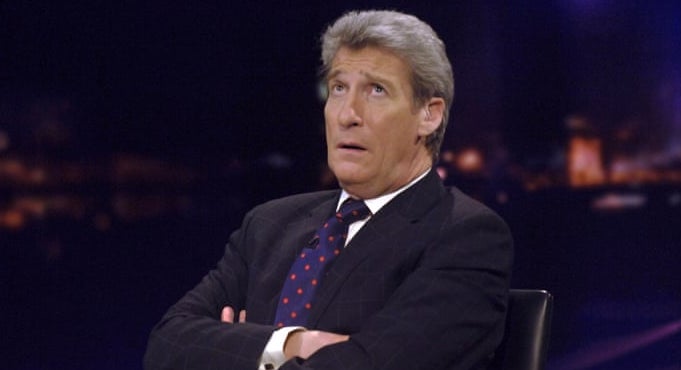The only ‘Big Book’ I’ve managed to catch up with during lockdown is a year out of date. Fleishman is in Trouble was last summer’s high-status holiday read, and coming to it now feels almost nostalgic. The central themes have been well treated elsewhere, but one side thread stood out, around tone. Our narrator (Libby Epstein), a female reporter, describes trying to write like macho, superstar journalist Archer:
The narrator envies the cultural power of this style of writing. Archer’s womanising, entitled, expense account-milking behaviour is tolerated, encouraged even, because his sharp sardonic prose sells magazines.
This acute observation has stayed with me long after the novels’ more obvious themes of marital discord have ceased to be interesting. One of the reasons I started my career at the BBC was a sense of the power of the media, the way our understanding of the world is framed and formed by the voices we pay attention to. This style of writing, precision-tooled to enable the reader to feel contempt, has been a common feature of elite outlets for decades.
Distanced, critical and typically male, it does indeed leave the conclusion that the only intelligent response to reality is a sort of resigned despair. Hope, earnestness, sincerity, the assumption of goodwill — all these things have accumulated cultural debris which leave them sidelined as naïve, non-serious, and not for smart, educated people like us. We who really see can see past this optimism and into the bleak underbelly of humanity.
There should always be a place for shining a light on injustice and poking the powerful to be better. That scrappy, determined streak in journalism is one of the things I love. My fear is that this instinct that all the best political interviewers (“why is this lying bastard lying to me?”) has bled out from its proper place to colour our whole framing of the world.
The best antidote to this is, for me, Marilynne Robinson. She’s no intellectual slouch, but decries the kind of cultural pessimism which is “always fashionable”. Right now, in a world ravaged by Covid-19 facing the complicated and more existential threat of climate change, is exactly the moment to resist the kind of resigned ‘generalised disgust’ that certain types of voices instil in us. This kind of posture depresses “the level of aspiration, the sense of the possible”, she writes.
Relationship expert John Gorman famously listed contempt as the worst of his ‘four horseman of the apocalypse’ in marriages. It has the same corrosive effects in societies. I am trying to shake off decades of seeing the world framed by voices like Archer’s, and shifting to those like Robinson, who reminds us:











Join the discussion
Join like minded readers that support our journalism by becoming a paid subscriber
To join the discussion in the comments, become a paid subscriber.
Join like minded readers that support our journalism, read unlimited articles and enjoy other subscriber-only benefits.
Subscribe